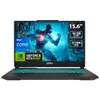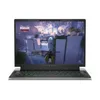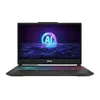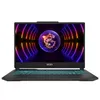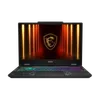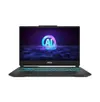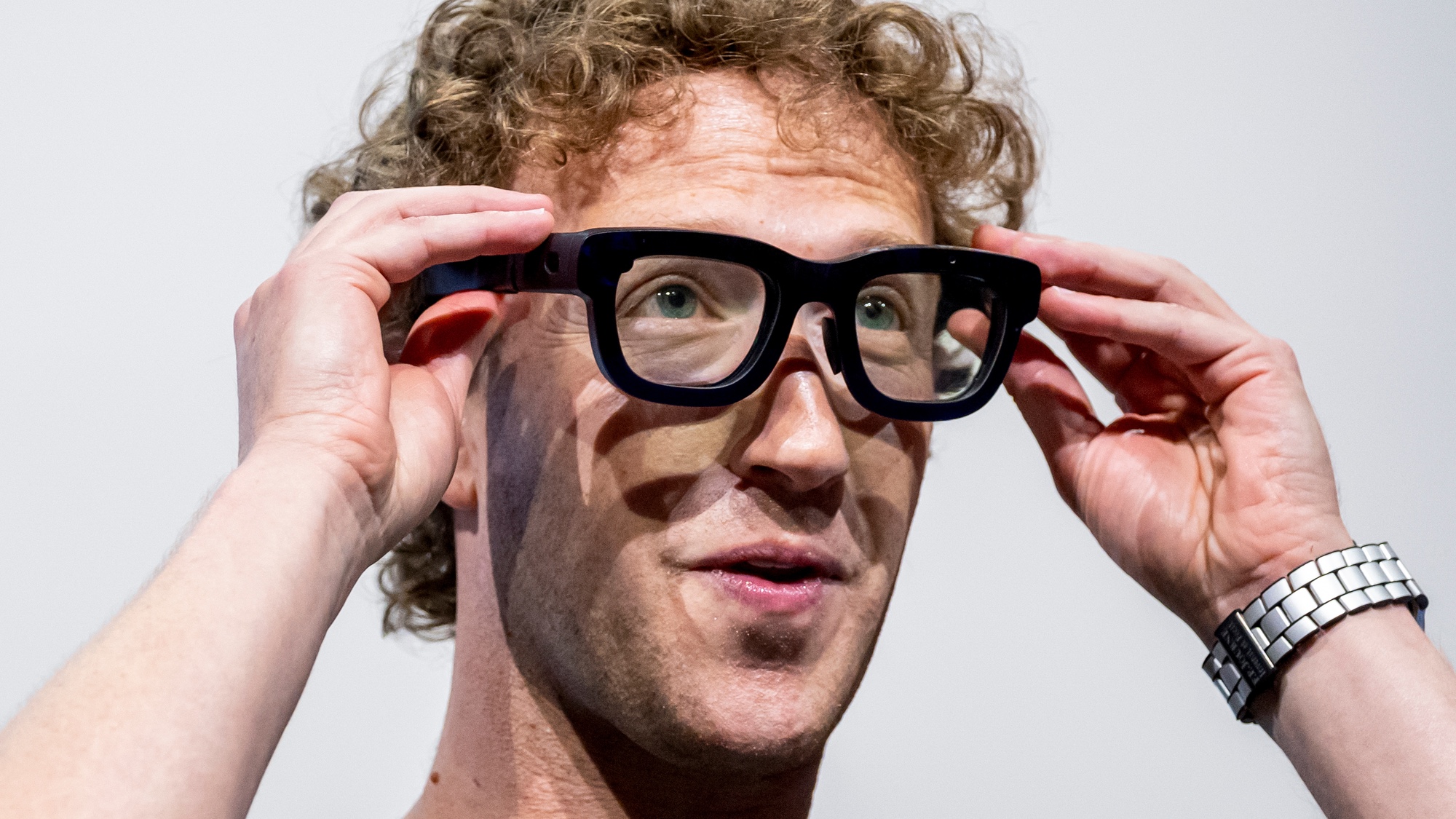I spoke with an AMD VP about Windows 10 end of life and transitioning to Windows 11 — here's what you need to know
'You're going to see massive improvements in productivity performance.'
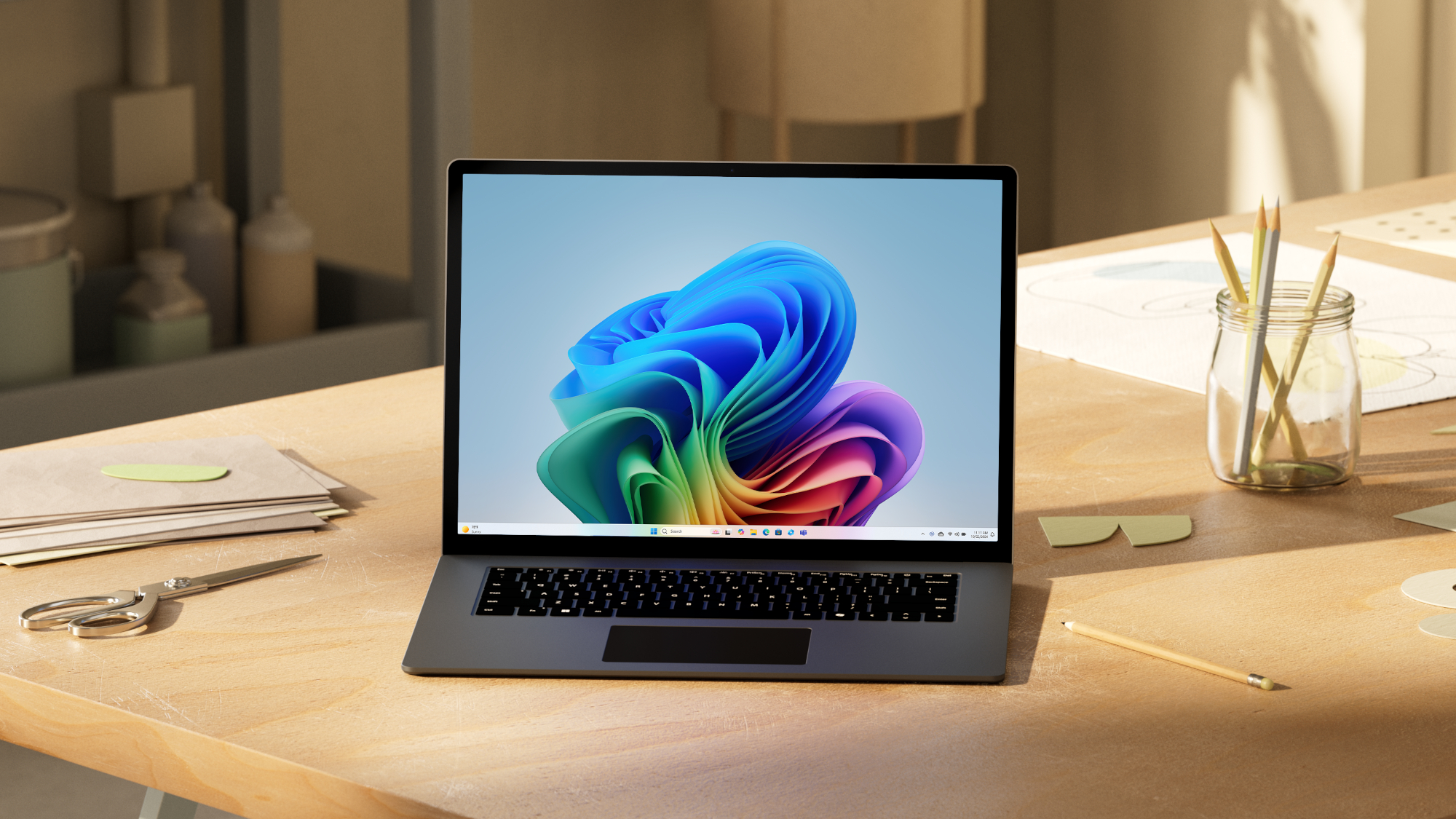
Here at Tom’s Guide our expert editors are committed to bringing you the best news, reviews and guides to help you stay informed and ahead of the curve!
You are now subscribed
Your newsletter sign-up was successful
Want to add more newsletters?

Daily (Mon-Sun)
Tom's Guide Daily
Sign up to get the latest updates on all of your favorite content! From cutting-edge tech news and the hottest streaming buzz to unbeatable deals on the best products and in-depth reviews, we’ve got you covered.

Weekly on Thursday
Tom's AI Guide
Be AI savvy with your weekly newsletter summing up all the biggest AI news you need to know. Plus, analysis from our AI editor and tips on how to use the latest AI tools!

Weekly on Friday
Tom's iGuide
Unlock the vast world of Apple news straight to your inbox. With coverage on everything from exciting product launches to essential software updates, this is your go-to source for the latest updates on all the best Apple content.

Weekly on Monday
Tom's Streaming Guide
Our weekly newsletter is expertly crafted to immerse you in the world of streaming. Stay updated on the latest releases and our top recommendations across your favorite streaming platforms.
Join the club
Get full access to premium articles, exclusive features and a growing list of member rewards.
The death of Windows 10 has finally arrived with support for the most recent iteration of Microsoft's operating system ending on October 14. It's not good news for older laptops or desktops that will lose new feature updates and security patches.
The transition from Windows 10 to 11 doesn't just affect consumers, even if the best laptops can upgrade to Windows 11 for free.
Partner companies like AMD are helping Microsoft build new systems that are compatible with Windows 11. But how are they avoiding e-waste? Outside of selling new PCs, what's the point of getting a new one? How are they future-proofing?
I had a chance to sit down with AMD's Vice President and General Manager of the Client OEM group, Jason Banta, to ask those questions and to see how AMD is working through the Windows 11 transition.
Editor's note: This interview has been edited for brevity and clarity.
How does AMD view the scale of the refresh and the opportunity within it and what's your strategy to deal with it to ensure the majority of those upgrades are to AMD-powered systems. I just read a report recently that said Windows 11 isn't spurring a big refresh amongst consumers. With those two disparate ideas going against each other, where do you guys feel it's going?
We have a lot of discussions with Microsoft and the [manufacturers] about the opportunity here and about the refresh. The opportunity space here is hundreds of millions of devices.
So it's a massive opportunity for devices that are running Windows 10 actively today ... we are seeing folks make the move. We've seen strong data that that's happening.
In my personal life or folks that I work with ... they've seen the pop-up message that says, 'To maintain support, you need to move to Windows 11.'
They have questions about it. So it's bringing people back into a place where they're considering a PC purchase.
Context: Despite the end of life for Windows 10 finally landing, it doesn't appear to have spurred a massive refresh. GS Statcounter lists Windows 10 as declining with a 40.5% market share compared to 48.9% for Windows 11. Interestingly, their stats show Windows 7 going up with a near 10% claim as of this writing.
The way we look at it is that the update needs to happen. And what we want to do from an AMD perspective is tell our best story about.
Why is it a great time to upgrade?
If you move to a Zen 5-based, RDNA-based Ryzen product, you're going to see massive improvements in productivity performance, content creation performance, and battery life.
Get instant access to breaking news, the hottest reviews, great deals and helpful tips.
We're helping folks understand what benefit they get from that, and we think that's going to lead people to a Ryzen-based product. But we're also making sure that they understand that there's urgency, too.
We're guiding folks to future-proof those purchases when they're choosing a new PC with AI and NPU technology. That's something where AMD has the strongest performance; we have a lead in NPU performance and AI performance.
There are experiences that will benefit from that AI technology today, but there's a whole road map of experiences to come that will also leverage that technology.
If you haven't bought a PC in four or five years and want something that will last several years longer, consider getting one with AIPC capability, as more experiences will come out that leverage and need it.
What is AMD’s take on transitioning from Windows 10 to 11 and the need to replace systems and e-waste. How do you think it could be resolved or solved?
The first piece is that the Windows 11 upgrade is free as long as the device meets spec. We can go back several generations of our product and still see it support Windows 11. So it's not just, hey, you have to have the latest and greatest.
Our product road map has been so consistently strong for several generations; past generations of our product will just directly migrate to Windows 11 without a hardware upgrade.
The hardware updates that we're seeing are the ones that do not meet spec. Generally, those are older systems.
What we're hearing and seeing directly from end users and enterprises that we've deployed to is that by going from that older technology to the latest Zen 5 product or the latest Windows 11 product, they really didn't know what they were missing.
The level of performance and battery life advantage they've got has really transformed the way they work, the way they get things done.
We're confident that the performance advantage and the security advantage...are going to be so much better to justify that update.
We can go back several generations of our product and still see it support Windows 11. So it's not just, hey, you have to have the latest and greatest.
Jason Banta
If you look back at the transition from Windows 7 to Windows 10, what do you think are the key problems that consumers face? What lessons have you guys learned to make that transition easier for customers?
We partnered with Microsoft from Windows 7 and Windows 10, and... went through that both in the consumer side as well as the commercial side. We took a lot of learnings from that.
From that partnership with Microsoft, as well as working with end customers, the thing that I think we learned ... is that it really requires a lot of careful planning and messaging. You saw in some of the past Windows transitions there was the date got pushed out or it changed over time.
And one of the things I'll really credit Microsoft with in this Windows 11 messaging is that the company has been very clear with the timeline. It went out more clearly than it had in the past, and I think there was more of a component of the advantages of Windows 11.
It is the most secure platform on which you can compute. It is the easiest to use platform on which you can compute. Really clearly stating that Windows 10 is sunsetting, but there are so many advantages in Windows 11 to be gained.
What would you tell someone who still wants to use Windows 10? You previously mentioned performance updates and battery life upgrades.
Yeah, because I work at AMD, I'm tech support to all my friends and family. So I get that question. I've actually recently had a lot of folks who go to school with my kids; they're back doing the back-to-school thing, and like, 'Hey, do I need to do this update?'
Microsoft's got some great literature on the reasons why, and so just pointing them out, here are the reasons why. As I mentioned, I've talked to those folks after they made the upgrade or made the purchase, and it's all been positive stories.
Do you feel like your non-AI Ryzen products will keep up or are you leaning into more of the AI side of things as we go forward?
We're doing both in parallel. We know that there's a part of the market that is on that cutting edge, utilizing local LLM on PCs today.
You've got the Copilot experience, which is one example of applications that use AI. So we know that there's a group in the buying public today that wants that capability a little bit more cutting-edge.
But we also know that there are folks who just want a great PC and don't need that capability. So we're offering both of those in parallel. Our Ryzen 200 chips do have AI capabilities, but it's on a smaller level.
And then our Ryzen AI 300 solution has up to 50 TOPS of AI capability, and we offer both of those in the market together, in fact, in many cases, in the same system. We actually designed the product such that they are for a specific notebook design. We could interchange those.
We decided in that way because we knew there was going to be a progression of people into this AI capability. And we've seen forecasts that show it's happening over the next four or five years. So we're addressing both of those customers.
With Copilot+ and Microsoft leaning into their version of AI, will people who go the non-AI route be left behind?
I'm a big believer in the 'buy once, cry once' philosophy. You don't make these purchases every day, and they're important to your life. An average PC user gets so much of their life done on that PC.
It's a very important purchase. So yes, I would spring for that future proofing, because there’s things you can do with that additional capability now.
I strongly advocate for that.
But again, if somebody says, 'this is my price point,' and that happens to be a Ryzen 200, I don't think they're going to be dissatisfied with that purchase.
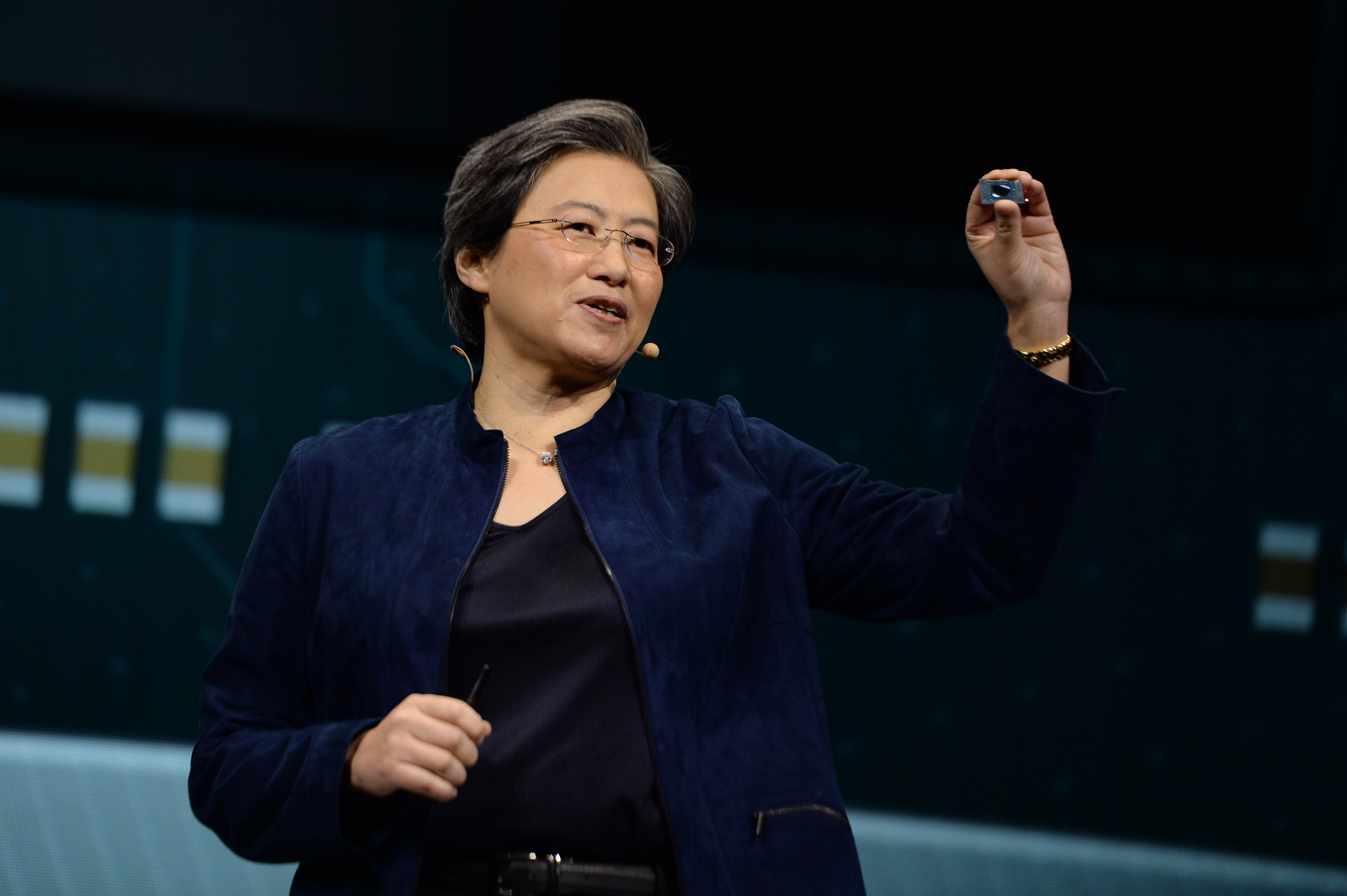
Lisa Su is speaking at CES next year. Can you give us any hints at AMD's future?
Well, Lisa's never put on a bad show. She always brings the products and brings the excitement of that event. I think we've won CES many times with our keynotes. And so yeah, it's exciting stuff to come. Obviously, we can't talk about future products before their time, but we really encourage folks to see what we have coming around the corner
Lisa's going to bring a lot of excitement to the stage.
Follow Tom's Guide on Google News and add us as a preferred source to get our up-to-date news, analysis, and reviews in your feeds. Make sure to click the Follow button!
More from Tom's Guide
- Windows 10 End of Life deadline today — LIVE updates and what you need to do
- Sony confirms PS6 will arrive 'in a few years' as AMD teases breakthrough GPU performance
- Time has run out for millions of Windows 10 users, but here's the trick for a free one-year extension

Scott Younker is the West Coast Reporter at Tom’s Guide. He covers all the lastest tech news. He’s been involved in tech since 2011 at various outlets and is on an ongoing hunt to build the easiest to use home media system. When not writing about the latest devices, you are more than welcome to discuss board games or disc golf with him. He also handles all the Connections coverage on Tom's Guide and has been playing the addictive NYT game since it released.
You must confirm your public display name before commenting
Please logout and then login again, you will then be prompted to enter your display name.
 Club Benefits
Club Benefits











